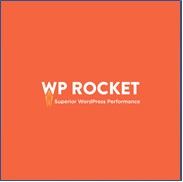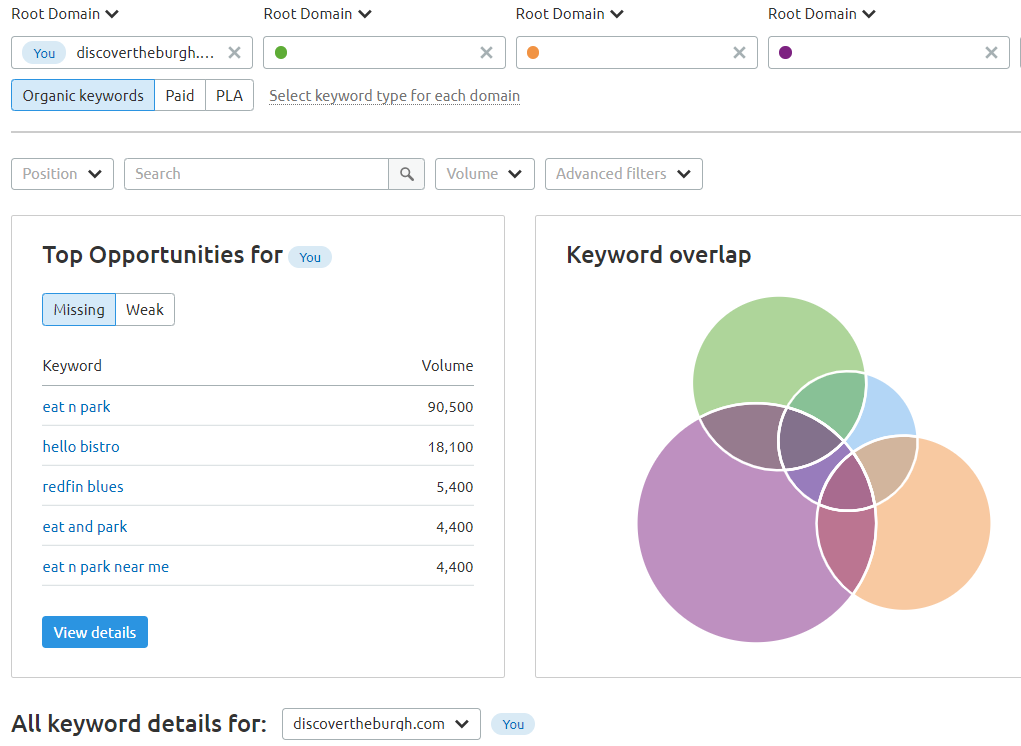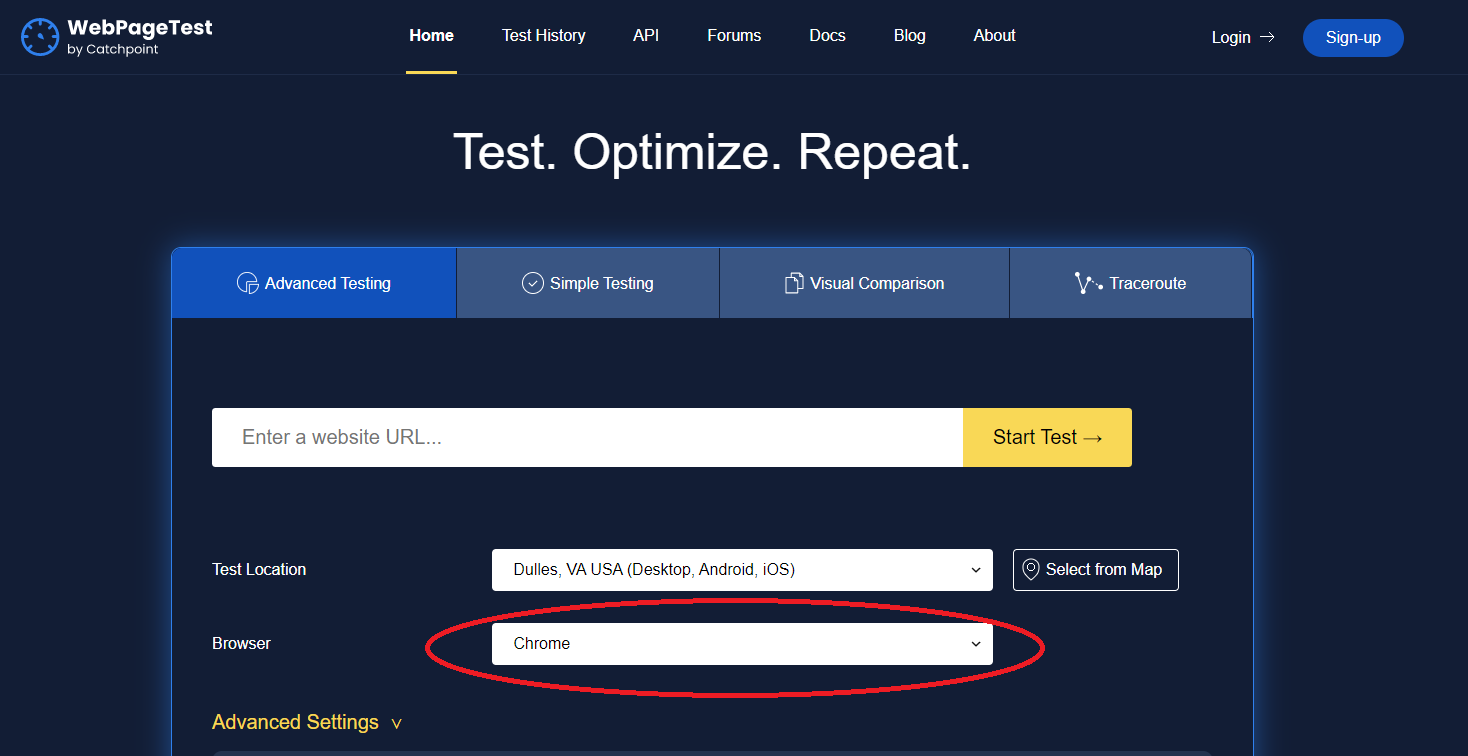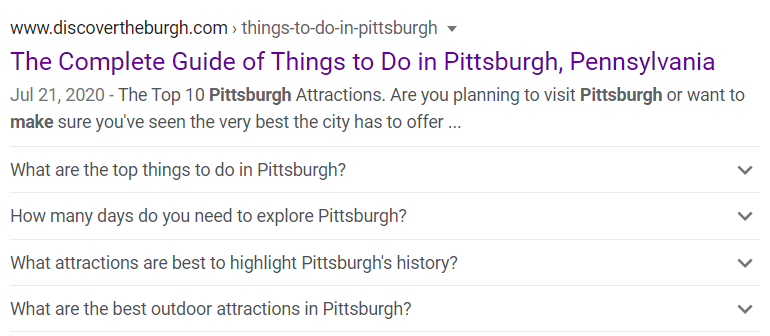Published by Jeremy. Last Updated on November 5, 2023.
Disclaimer: This Week in Blogging uses demographic data, email opt-ins, and affiliate links to operate this site. Please review our Terms and Conditions and Privacy Policy.
Google has (seemingly) been making E-E-A-T a bigger and bigger metric with each passing algorithm update.
Gone are the days where you simply can publish whatever you want, for any reason, and possibly rank. Today, Google wants to see many signals to rank you, including why you deserve to rank. That is to say, why are you qualified to write about the content to begin with.
So we thought we'd break down what E-E-A-T is in simple terms and then drop a bombshell you may not like- particularly around the Expertise element of E-E-A-T.
Unfortunately, in this particular instance, it is important to be the expert and not just an expert. This distinction matters.
What is E-E-A-T?
In SEO parlance, E-E-A-T stands for Experience, Expertise, Authoritativeness, and Trustworthiness. It has been thrown around in many circles as a means test for blogs and even a possible ranking factor in Google outright.
To put it in less diplomatic words, it is a “who are you, and why should I give a damn?” test.
This signal started being discussed when Google put out cautionary advisories to those in the YMYL (Your Money or Your Life) markets, mainly because so many so-called “experts” were giving bad advice that could be detrimental to one's health or financial well-being. You shouldn't be taking medical advice from someone who isn't a doctor, so, in theory, this litmus test makes a lot of sense in these high-stakes markets.
Since then, the concept of showing one's E-E-A-T has spread out to all blog niches as being recognized as an authority is becoming increasingly valuable on any given topic. Let's break down each of the four topics in E-E-A-T just a bit more for clarity (as always, opinions are my own and not reflective of actual policy in an algorithm):
- Experience: Did you actually do the thing you are writing about, or are you just repurposing existing content on the internet in a glorified peer review or, worse, AI research? Personal experience, opinions, and more should clearly be shared to show that you, quite literally, experienced the thing yourself. This one is the easiest simply because we all do things every day. If you are writing about things you didn't experience yourself, I have no good advice for you.
- Expertise: Are you an expert on this topic? It is one thing to say “I did the thing” and another thing to be in a position where people should care that you did the thing. Expertise is whether you're knowledgeable enough on the topic at large to be justified as to why you're writing about it. (See the doctor example above.)
- Authoritativeness: Have others recognized you for your knowledge on the topic? This one is perhaps more ambiguous because there is no clear signal on how it could be measured. Book deals? Maybe. Backlinks by even more trustworthy sources? Certainly seems fair. As Seen On credits? Sure. Given talks at conferences? That too. I'm keeping this one broad here to point out that you cannot deem yourself an authority; others deem you an authority, but you can certainly show off your accolades on your site all the same as proof for your authority.
- Trustworthiness: Can readers take your advice seriously? Is it accurate and genuine or are you simply hawking a product to simply try and get a sale? Much like Authoritativeness, this one is a bit hard because only others can deem you trustworthy. I won't try and even begin to make up any analogs here that Google could use to measure this, because, like Authoritativeness, no one really knows. But, ultimately, this is a barrier one must also pass in E-E-A-T. It could be as simple as having an SSL certificate and linking to reputable businesses, or it could be as detailed as reviews, comments, and other more intangible feedback. As I said, it is a broad term.
So let's say you have shown off your E-E-A-T signals as best as conventional wisdom suggests you should, your site is optimized, and everything is going well- except your rankings haven't changed. Or, more likely, your rankings drop in another algorithm update purposefully targeting E-E-A-T.
Is the problem your E-E-A-T signals as shown on your site? Maybe, but maybe not. In all honesty, the problem is most likely you– the person, not the website.
Alright, now that I've thoroughly gone and pissed everyone off, I suppose I should explain myself more. In a world of over a billion bloggers, the simplest explanation is that we all want to be considered experts in our field. But are we? Clearly, the answer has to be no. At least, not in the sense of what Expertise in E-E-A-T is looking for, and that is a very serious problem we have to come to terms with.
The Problem? You're Probably Not The Best Expert
A recurring complaint we see on social media after any algorithm update involving E-E-A-T is “it isn't fair, my E-E-A-T signals are great and [insert site here with a perceived lower E-E-A-T relevance] still beats mine!”
Yep, we've all been there. Google may be right. It is often woefully wrong. But, at the end of the day, it boils down to a perception that another site shouldn't outrank you for [insert arbitrary reason here].
But let's take a step back and discuss the core issue surrounding search results- everyone is a competitor. Yes, even experts. Yes, even two different experts. Perhaps even 100 different experts!
If your niche has 100 people who are considered “experts” on the topic from whatever vantage point you hold, this becomes a problem if only one or two blogs may make it to the first page of Google. We are, after all, still competing for a finite number of spots on the front page which inherently means not every expert can make it through.
So, now we have an issue. Are we all actually experts? Who is more of an expert than the other? How does Google determine this? Hopefully, you are now starting to see the conundrum.
In a sea of experts, we may not actually be that special.
I'll use my own wine blog here as an example to illustrate the point and also to throw myself under the bus at the same time. My general niche is wine. My sub-focus is trying unusual grape varietals that most people overlook. I started this blog because it is a unique vantage point no one really looks at, which I thought would help me stand out from the crowd. This is always a great idea from a branding perspective to stand out in a sea of many blogs, but am I the expert on the topic at the same time?
When I started the site, I clearly was not. I had no real expertise in the wine space. I don't work in it. I didn't study it. I was a hobbyist by all accounts simply wanting to learn more and share via blogging. Then I took more classes, and more classes, and more classes, and then finally completed a two-year program where there are only 15,000 or so people certified in the world. Now out of all of the wine bloggers out there, I am probably one of just a handful with this certification who approach blogging professionally.
Do I have expertise now? I could say I have some. But am I still the best expert to talk about wine? Not in the slightest. I am still one in a sea of many. I am more knowledgeable than I was when I started, and certainly have built up some authority on the topic, but at the same time, I am still not the foremost expert in the space.
There are experts with Master of Wine certifications (~420 in the world). There are experts with Master Sommelier certifications (~280 in the world). There are leaders who have been in the space for decades with published books, frequent appearances on TV shows and documentaries, and international acclaim. A top wine blog won a James Beard award years before I started my site, too. I could go on.
Am I better at SEO than they are? That could be possible and is likely why I rank as well as I do in some areas. Am I one of the foremost experts who focuses on unusual grapes? I am experienced, yes, and have an “expertise,” but the perception is gray because more prominent experts aren't talking about those grapes anyway (this was my way into the niche, after all). Am I better at E-E-A-T than they are? I can certainly show my credentials off well, but the answer, particularly around Expertise, is a resounding absolutely not.
Herein lies the problem. Let's say I am now amongst the top 10 or so wine bloggers in the world by expertise (perhaps factoring in a slight boost because of my SEO knowledge and that most of the top experts don't blog- two key points that cannot be overstated). Does this help me break into page one of Google when there are anywhere from 5 to 10 results these days, with only one or two perhaps being a blog?
In an E-E-A-T world, in theory at least, that answer could very well be no. I can rank on some keywords where there is an opportunity, of course, but a better expert could also come along and beat me on knowledge at any minute.
I am not nearly as good as I could be. So I'll keep studying and growing my expertise until I get there- or at least, closer.
But let's compare that to my Pittsburgh blog. This site is much older. I've been updating it consistently for nearly a decade. And, perhaps most importantly, over that time, I've personally visited almost 1,300 unique attractions and experiences in the region. Am I an expert in Pittsburgh? Absolutely. Am I one of the top experts? Well, I don't want to put myself on an ego-driven pedestal here, but I could make an argument to that effect- I certainly can only think of a small handful of people with similar expertise, and most don't blog, either.
My rankings reflect this. So much so that when I search Google for new ideas, my own site comes up again and again because it is the closest answer to the question I had, and it still didn't answer it. Being a recommended expert to yourself- what an odd (and fortunate) spot to be in.
But this certainly highlights a difference between my two sites and the struggle that bloggers are coming to realize with each passing algorithm update. It is one thing to become an expert in a field among many. But it is another thing entirely to become the expert in your niche. The joke about a blogger writing a three-day guide to Bangkok based on another blogger's three-day guide to Bangkok, that was based on another blogger's three-day guide to Bangkok, that was based on Lonely Planet rings true here- who is the expert, when it comes down to it?
This is where some bloggers are potentially seeing the E-E-A-T dynamic breakdown. Your expertise is great, up until you start competing with others who are a similar, or even better, expert than yourself. And, no, I don't just mean in follower count or via other vanity metrics- I truly mean real expertise in your niche.
So, I will ask the hard question that needs to be asked: what will you do to become the expert to grow your brand into the future?
Answer that, and you may be on to something powerful to set yourself apart from the competition.
The Good News? You Should Write Your Content Anyway
Although the intent of this post was to kick everyone on the behind and challenge you to become a better expert in your niche, I wanted to end this one on a positive note. That is simply that you can still get good traffic without being the #1 best “expert” out there.
It is great, of course, if you can be the best- but you can still do quite well as a blogger without it. Many sites can carry on just fine with a hit on Expertise in E-E-A-T, if I am to be completely honest. So if you are sitting there thinking, “I shouldn't write [X post] because seven other ‘experts' already rank,” you may want to reconsider for several reasons.
Yes, it is going to be hard to rank in a competitive field in search engines. Yes, Google keeps making things harder with changes outside our control. But you also have an incredible number of other traffic sources out there that still have value writing for where Google would simply be an admittedly lucrative bonus.
There is Facebook. There is Pinterest. Your email list is a captive audience of people who want to hear what you have to say (seriously, build one). Something new may come out tomorrow that could change the game entirely and cause a great reshuffling. Even on the Google side, we are all chasing opportunities to be the best “expert” for the market as it exists right now. Whether or not someone else comes along better in the future is immaterial, but if an opportunity exists for now, I'd still argue you should jump on it.
Even further, we all know that Google often doesn't seem to listen to its own advice- results often do not line up with what you would expect despite all of the recommendations (although that is a completely different problem, if we are to be honest). This could mean an opportunity for us to rank in places we maybe shouldn't, or also mean that something “not as good” may beat us. That is simply the nature of the game when fighting over finite rankings.
That said, if you are concerned about where things may be moving for E-E-A-T, particularly the Expertise element, you may now have a decision to make: are you going to step up to become a better expert in your niche, or are you going to let others pass you by?
You still do not have to be the best. But you sure as hell should push to get better. So take this as your call to action to grow your expertise as best as possible- but don't overlook all the other traffic opportunities that are still out there, too.
Just keep in mind that if you don't plan around all of this, someone else surely will- and it'll likely be sooner rather than later.
Join This Week in Blogging Today
Join This Week in Blogging to receive our newsletter with blogging news, expert tips and advice, product reviews, giveaways, and more. New editions each Tuesday!
Can't wait til Tuesday? Check out our Latest Edition here!
Upgrade Your Blog to Improve Performance
Check out more of our favorite blogging products and services we use to run our sites at the previous link!
How to Build a Better Blog
Looking for advice on how to improve your blog? We've got a number of articles around site optimization, SEO, and more that you may find valuable. Check out some of the following!












